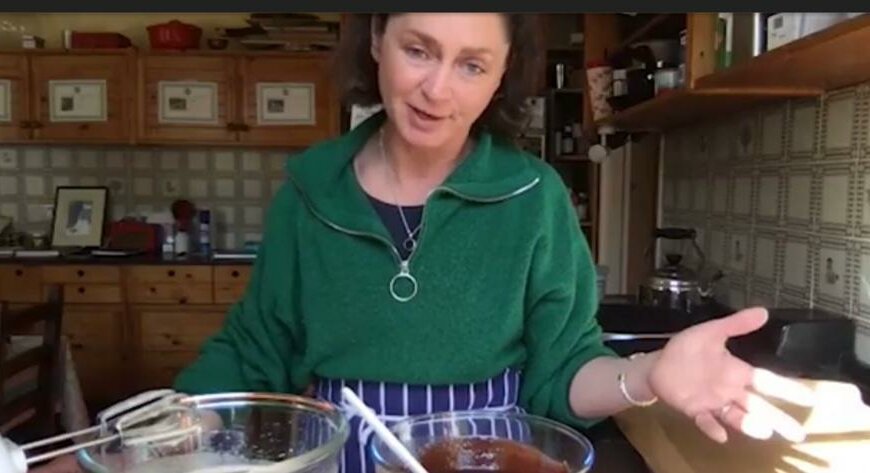
The number of bike fatalities involving Bermuda’s teens has significantly decreased in the past five years since the Project Ride programme was made compulsory.
An investigation into the programme by SR News has revealed statistics that prove that the teenage learning scheme has ultimately been successful as of 2010.
A Public Access to Information request (PATI), which is the Bermuda equivalent of the Freedom of Information request, revealed that after the Bermuda Youth Licence was introduced to all teens seeking a bike licence there have been fewer deaths on the roads.
The request showed that within the past five years from 2010 to September 2015, there have been six teenage road fatalities compared to the 21 deaths prior to the introduction of the Bermuda Youth Licence.
It also revealed that the number of bike collisions or accidents involving teenagers between the ages of 16 and 20 have also decreased in the past five years.
In 2010 there were 345 collisions involving teens, in 2011 there were 342, in 2012 there were 293, in 2013 there were 272, in 2014 there were 247 and as of September 2015 there are 146.
Project ride was founded by former road safety officer Roxanne Christopher and Dr Joseph Froncioni in 1994.
Ms Christopher: “The programme has had a significant impact on the island, as it is the only auxiliary cycle training programme in Bermuda, the only training tool for young riders on our roads.
“It meets all its targets and goals and fully educates first time riders.
“However, this program is not a replacement for inappropriate decisions, speeding, and bad choices that individuals make.”
Piktochart:
When the youth licence was introduced on April 1, 2010, the programme became mandatory under the Auxiliary Bicycles Amendment Act 2009.
This included guidelines that prohibit young people between the ages of 16 and 18 from riding with a passenger, and banning them from driving on the roads during the early hours of the morning.
Originally, Project Ride was introduced as a joint initiative between the Ministry of Transport, the Bermuda Police Service and the Institute of Advanced Motorist to educate young people in safe riding.
Starting at 15 years old, the program allows teens to begin their first step of independence by teaching them everything they need to know about riding a motorbike and obtaining a licence in time for their sixteenth birthday.
It includes a theory test as well as a practical test, which takes place in between cones in a yard at the Transport Control Department.
Throughout the practical test, riders learn basic manoeuvres such as the emergency stop also known as the brake test, serpentine ride, the large circle and turn signals using left and right hands.
David Minors, Information Officer at the Transport Control Department, explained that the average number of students that complete Project Ride each year is 500 to 550.
He said: “TCD is constantly reviewing the effectiveness of its programmes. We are currently looking at the testing procedures, as well as the possible introduction of on-road training.
“It can be inferred that Project Ride has had a positive influence on the number of teens involved in fatal collisions. Data will indicate that teens are not in the large numbers of persons dying on the road. Moreover, the purpose of Project Ride is to provide them with a sense of road awareness that the adults who did not take the programme lack.”
As for the amount of collisions involving teens, the statistics show that teen drivers are more likely to be treated in the emergency room at Bermuda’s King Edward Memorial Hospital for injuries suffered in a motor vehicle collision.
In aid of this, the Bermuda Police Service and their Road Patrol Unit, conducted a high school road safety lecture series this year, targeted at the 15 to 18 age group. All private and public schools received the lecture except for Berkeley Institute, which declined the BPS offer to deliver it.
Robin Simmons, Public and Media Relations Officer at the Bermuda Police Service, explained that decreasing the number of annual collisions involving young people is in-part the intention of the BPS road safety strategy.
He said: “Young people by virtue of their age and lack of experience are ‘risk takers’. Anything that is done to manage the risk taking, educate and prevent them taking risks will contribute to reductions. They will follow examples they are exposed to, hence the message in the road safety strategy which is ‘safe driving is everyone’s responsibility’. We all have a role to lead by example.”
“Conversation is key. It is recommended that young riders adhere to the laws of the road. This includes laws around speed, riding with due care and attention and riding with consideration for other road users. We encourage them to ride defensively rather than offensively or aggressively.”
The Minister of Tourism and Transport Shawn Crockwell declined to comment on this matter.



